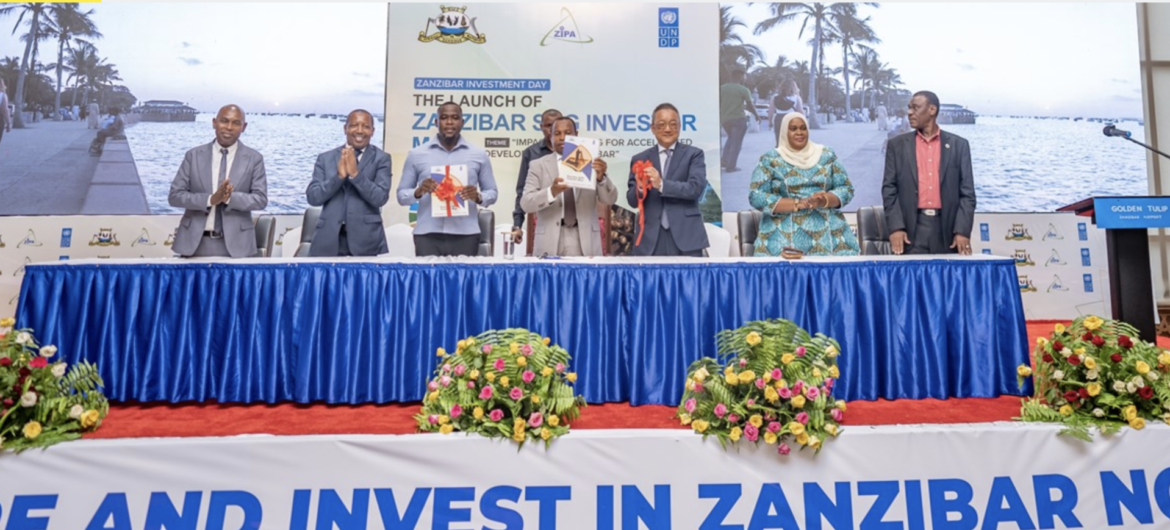The process of land purchase in Zanzibar is a complex and nuanced affair, steeped in the rich history and unique legal framework of this semi-autonomous archipelago off the coast of Tanzania. To truly understand the intricacies of acquiring property in this tropical paradise, one must delve deep into the cultural, legal, and economic factors that shape the real estate landscape of this enchanting destination.
Zanzibar, with its pristine beaches, azure waters, and vibrant culture, has long been a coveted location for both local and international investors seeking to own a piece of this island paradise. However, the journey to property ownership in Zanzibar is far from straightforward, requiring a thorough understanding of the local laws, customs, and procedures that govern land transactions in this unique jurisdiction.
The concept of land ownership in Zanzibar is fundamentally different from what many outsiders might expect, rooted in a system that dates back to the island’s colonial past and its subsequent integration into the United Republic of Tanzania. Unlike in many Western countries, where individuals can own land outright, in Zanzibar, all land is technically owned by the government, with individuals and entities granted various forms of usage rights rather than outright ownership.
This system of land tenure in Zanzibar presents both challenges and opportunities for potential buyers. On one hand, it provides a level of stability and oversight that can protect against fraudulent transactions and unauthorized development. On the other hand, it introduces a layer of complexity that can be daunting for those unfamiliar with the local legal landscape.
The process of purchasing land in Zanzibar typically begins with identifying a suitable property, which can be a journey in itself given the diverse landscapes and communities that make up the archipelago. From the bustling streets of Stone Town, a UNESCO World Heritage site, to the tranquil beaches of the east coast, each area of Zanzibar offers its own unique charm and investment potential.
Once a property has been identified, the prospective buyer must navigate a complex web of legal and administrative procedures to secure their rights to the land. This process often involves engaging with multiple government agencies, conducting thorough due diligence to verify the legitimacy of the seller’s claim to the property, and negotiating the terms of the transfer.
For foreign buyers, the process of land purchase in Zanzibar comes with additional considerations and restrictions. While Zanzibar has taken steps in recent years to make property ownership more accessible to non-residents, there are still significant limitations on the types of properties that can be purchased and the rights that come with such purchases.
One of the key mechanisms for foreign property ownership in Zanzibar is through long-term leases, typically ranging from 33 to 99 years. These leases provide a level of security and stability for foreign investors while still maintaining the government’s ultimate control over the land. However, navigating the lease acquisition process requires careful attention to detail and often necessitates the assistance of local legal experts well-versed in Zanzibari property law.
The financial aspects of land purchase in Zanzibar also merit careful consideration. The real estate market on the islands has seen significant growth in recent years, driven by both local development and international interest. This has led to rising property values in many areas, particularly those popular with tourists and expatriates. Prospective buyers must not only consider the initial purchase price but also factor in ongoing costs such as property taxes, maintenance fees, and potential lease renewal charges.
Furthermore, the concept of land purchase in Zanzibar extends beyond mere financial transactions. It involves becoming part of a community, respecting local customs and traditions, and potentially contributing to the economic development of the area. Many successful foreign property owners in Zanzibar have found that integrating into the local community and understanding the cultural context of their investment has been crucial to their long-term satisfaction and success.
